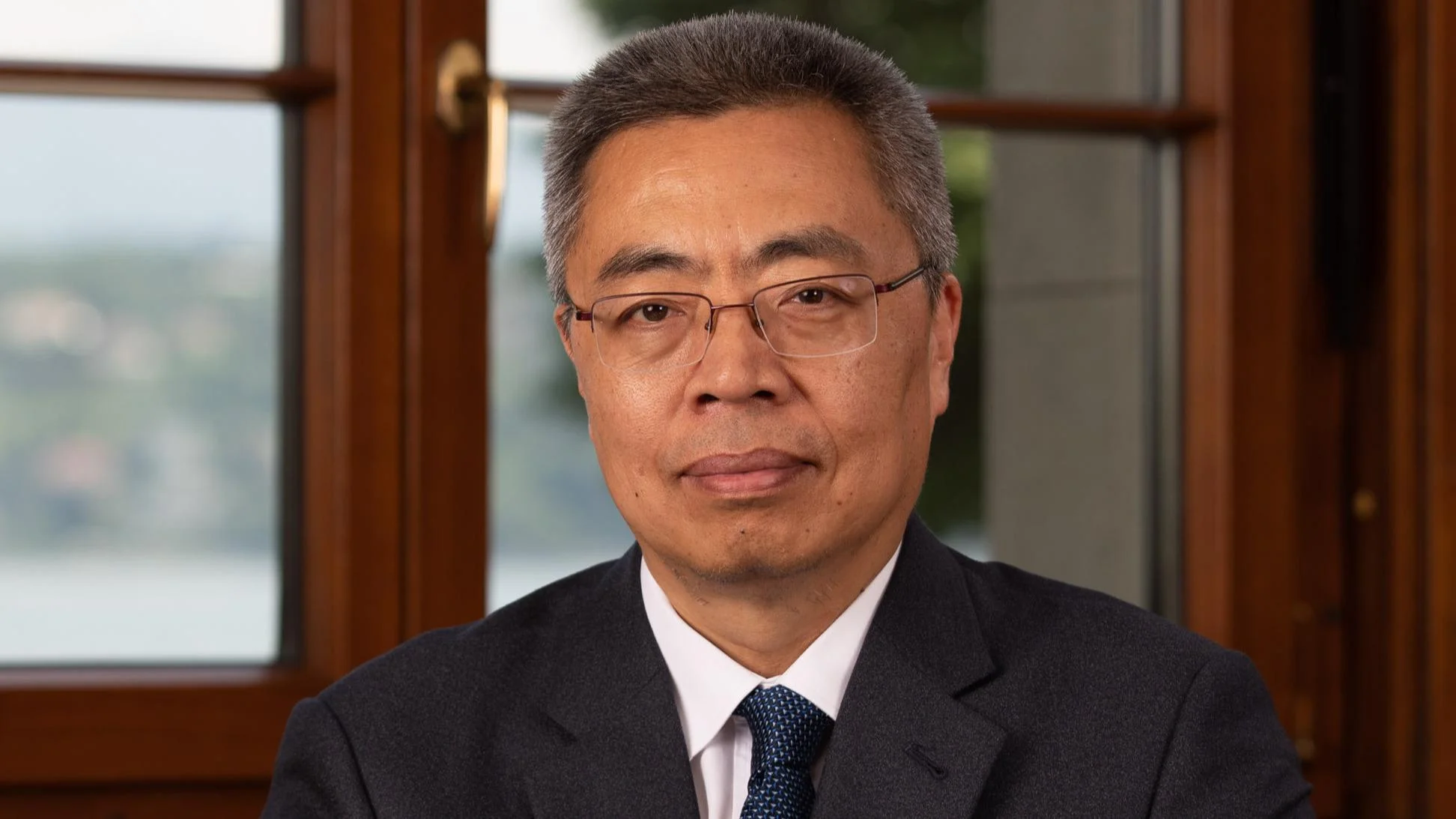A high-level forum titled "High-Level Forum on the CAREC Region and the Multilateral Trading System: Deepening Integration in Central Asia and Beyond" was held to discuss the impact of World Trade Organization (WTO) accession on economic reform and growth in Central Asia. The event was organized by the Central Asia Regional Economic Cooperation (CAREC) Program of the Asian Development Bank (ADB) in partnership with the WTO Secretariat. Director-General Ngozi Okonjo-Iweala opened the forum.
Deputy Director-General Xiangchen Zhang emphasized the region’s active involvement in WTO accession processes, particularly noting the progress of Azerbaijan and Uzbekistan. He stated, "The CAREC region can play a meaningful role in shaping a more inclusive and effective WTO by bringing fresh perspectives, reform-minded practices and a strong commitment to rules-based integration."
Zhang explained that "WTO accessions are a force for change" in the region, with the accession process encouraging broad reforms to modernize institutions and improve regulatory practices. "The accession process drives extensive, far-reaching reforms to modernize institutions and regulatory practices, enhance the business environment and attract foreign direct investment," Zhang said.
He cited the examples of Georgia and Kazakhstan as evidence of these benefits. "Georgia's accession process was impressively ambitious in several ways, including in the speed of the accession negotiations - taking only four years between 1996 and 2000." Zhang noted that Georgia swiftly fulfilled its commitments after joining the WTO in June 2000. According to the International Monetary Fund, Georgia’s real GDP grew by an average of 5.6 percent annually from 2003 to 2023, ranking it as one of the fastest-growing economies in the South Caucasus.
On Kazakhstan, Zhang said: "Kazakhstan's hard-won entry after nearly two decades of negotiations is a testament to the depth and breadth of extensive domestic reforms undertaken by the country. Over the past decade, its GDP has grown by 34 per cent, industrial production grew by nearly 30 per cent, agricultural production by nearly 40 per cent and e-commerce has multiplied by 62 times," referencing statistics from the Eurasian Economic Commission. Kazakhstan joined the WTO in November 2015.
Georgia's Ambassador to the UN Office and Other International Organizations in Geneva, Revaz Lominadze, described his country's WTO accession as "a deep commitment to open markets, rules-based trade and economic reform. It was a pledge to align Georgia's policies with international standards, to foster transparency and to participate actively in the global trading system." He added that since joining the WTO, "Georgia has undergone a remarkable trade and economic transformation, building a more open, resilient and competitive economy and developing a trade framework that is predictable and investor-friendly." Lominadze also said, "Georgia's 25-year membership of the WTO stands as a testament to how multilateralism and national reform can go hand in hand. The WTO has been an anchor in our economic transformation and a platform for dialogue, trust and cooperation."
Kazakhstan's Vice Minister of Trade and Integration, Zhanel Kushukova, stated, "Kazakhstan joining the WTO was a key stage in the country's economic integration into the global economy, confirming Kazakhstan's strategic choice to develop an open, diversified and predictable economy based on the rules and principles of the multilateral trading system." She highlighted that "WTO membership has been a strong driver of reforms in Kazakhstan," mentioning the alignment of national legislation with WTO rules on technical regulation, intellectual property protection, subsidies, and sanitary and phytosanitary measures. "These reforms improved economic transparency and strengthened business confidence," she said. Kushukova added, "WTO membership is a platform for further growth, integration and development. Kazakhstan remains an open and reliable partner, ready for dialogue, joint initiatives and mutually beneficial cooperation."
WTO members from the CAREC region shared that WTO membership has supported their economic goals by anchoring market-oriented reforms and attracting foreign investment. Regional and multilateral integration through WTO accession were seen as mutually reinforcing. Many CAREC economies have used WTO membership to broaden market access and diversify their economies. Participants also stressed the need for technical assistance and capacity-building during and after the accession process and highlighted the importance of collaboration with the Asian Development Bank and other partners.
Zhang referenced a recent study by the International Monetary Fund and WTO economists which found that economies implementing deeper reforms during accession negotiations experienced economic growth that was on average 1.5 percentage points higher than otherwise. He added, "Beyond each acceding government's reforms, every economy that has joined the WTO since 1995 has expanded trade opportunities for existing members and contributed to the Organization's inclusiveness."
The CAREC Program includes 11 countries. Of these, Afghanistan, China, Georgia, Kazakhstan, the Kyrgyz Republic, Mongolia, and Pakistan are WTO members. Azerbaijan, Tajikistan, Turkmenistan, and Uzbekistan are currently negotiating WTO accession.
More information about the WTO accession process and the CAREC Program is available through the respective organizations.

